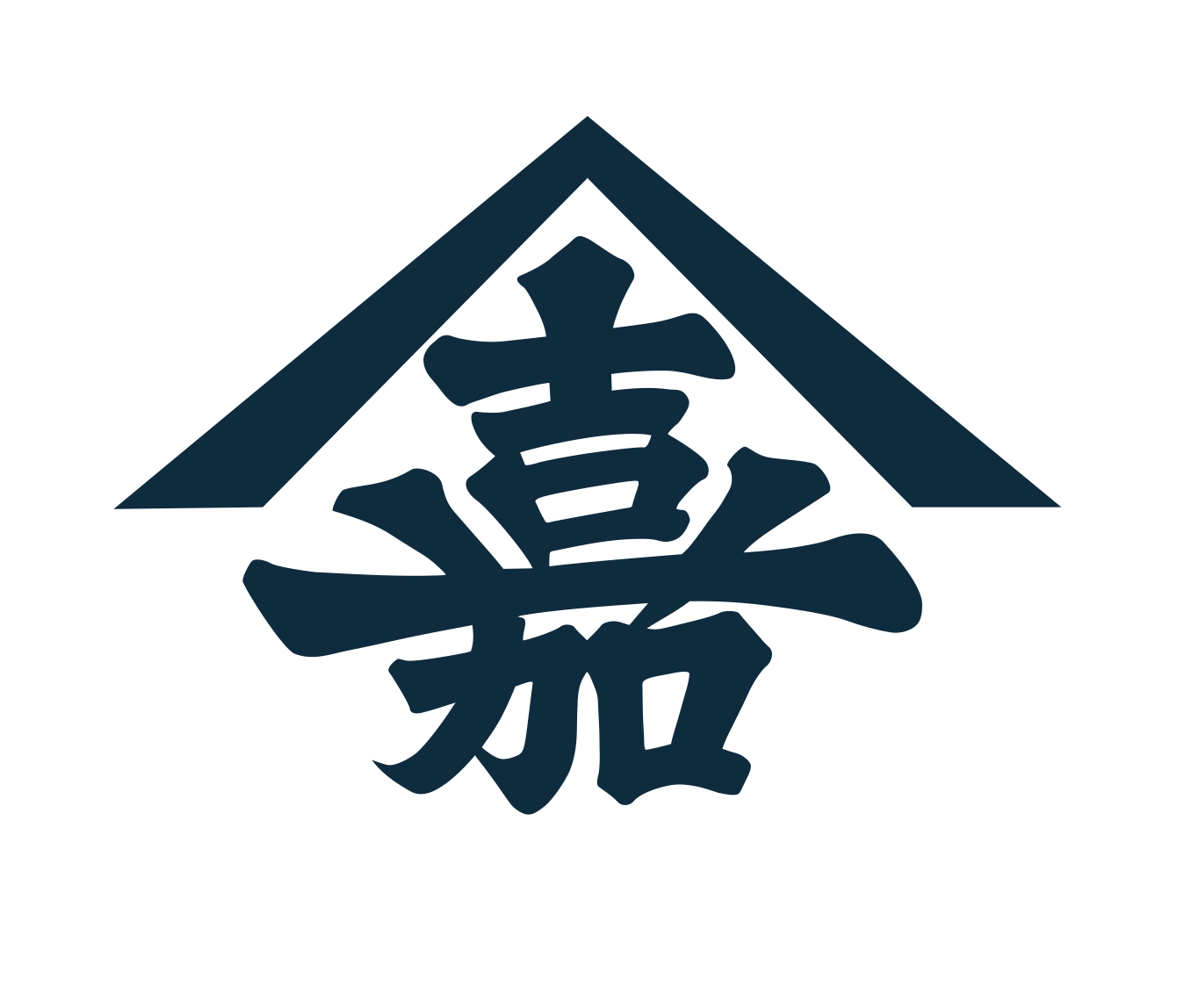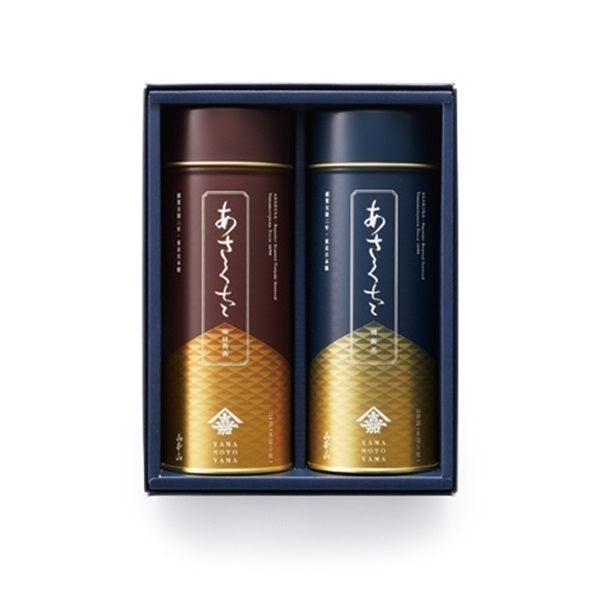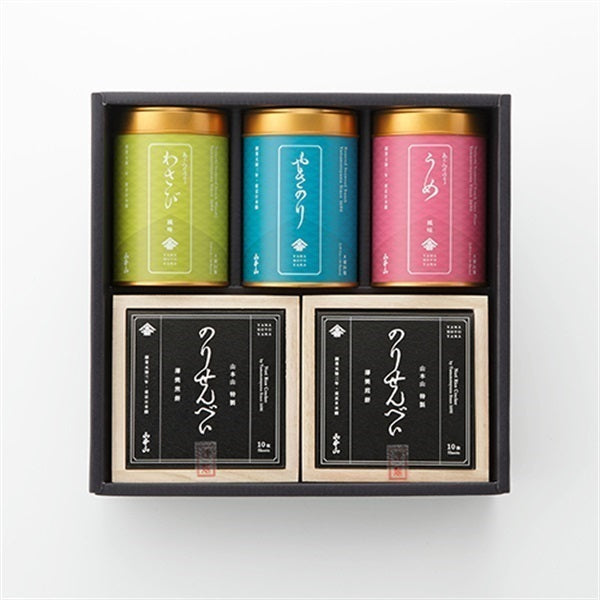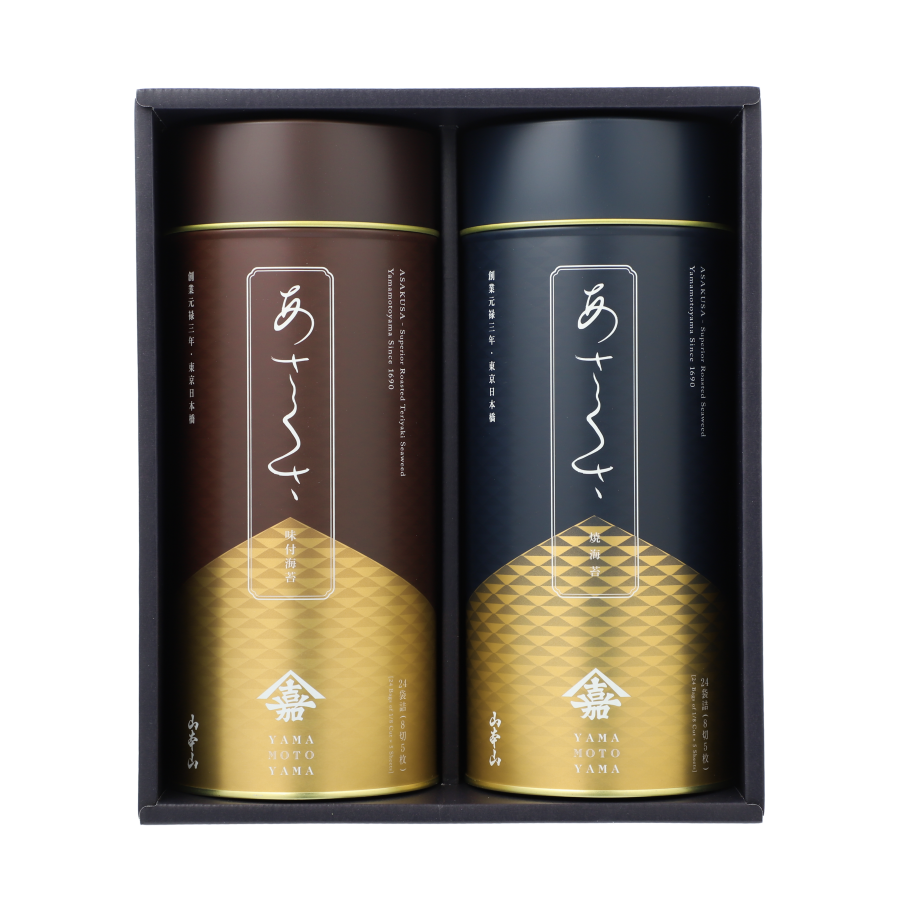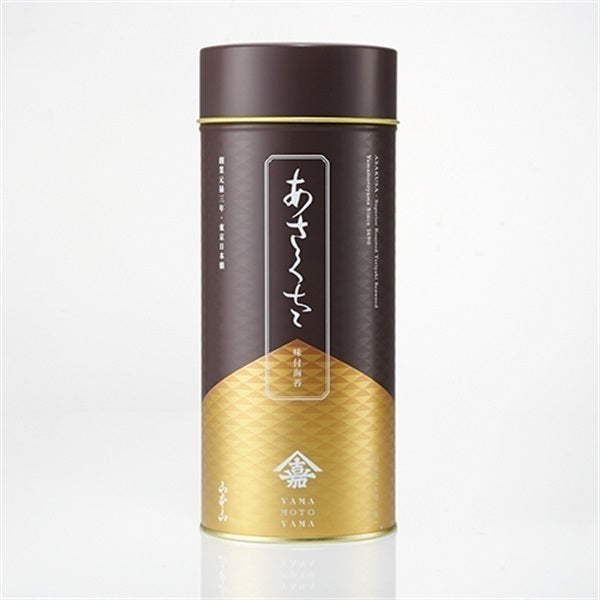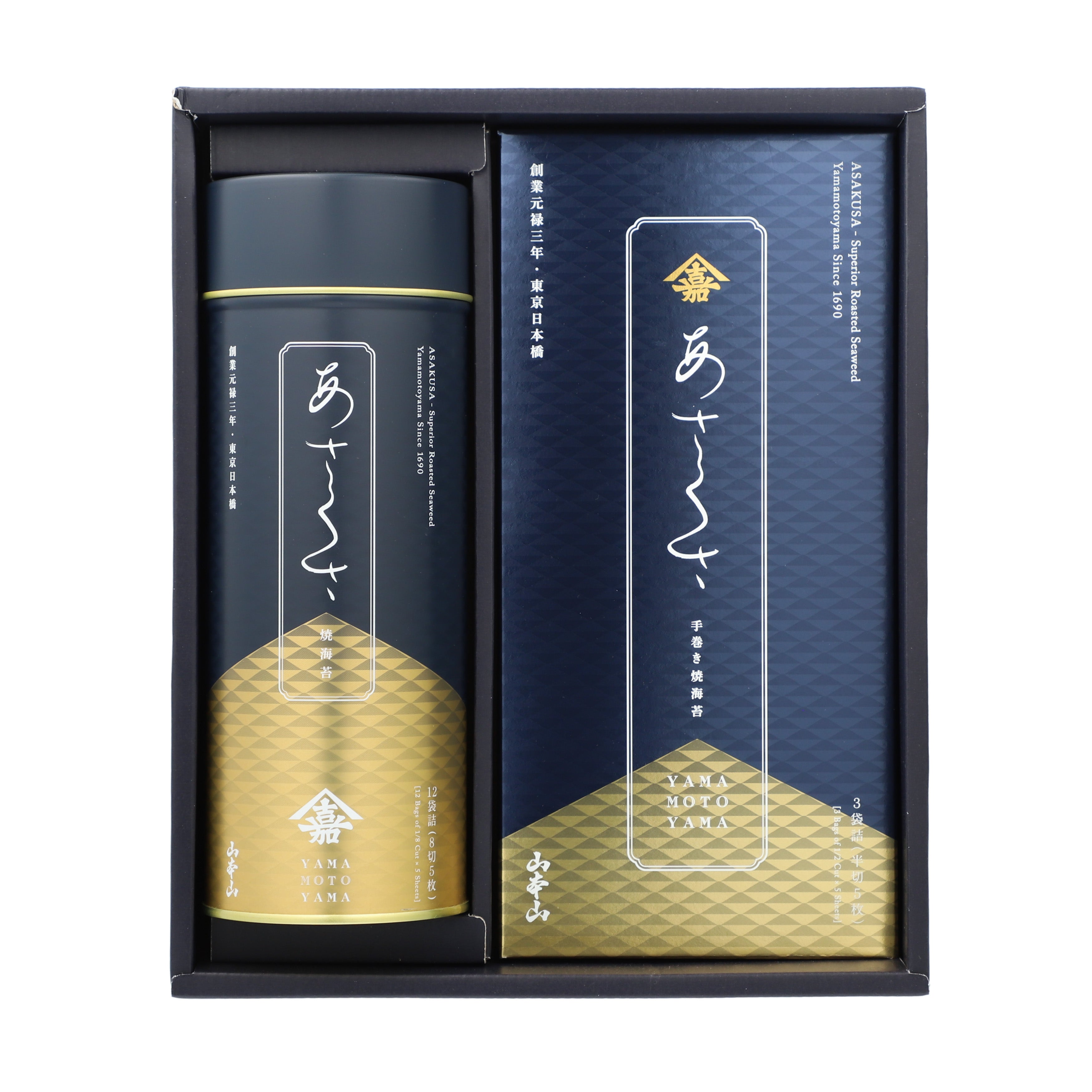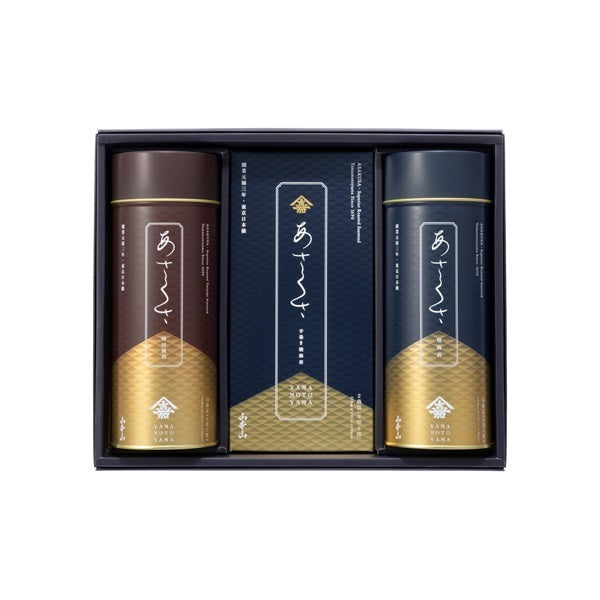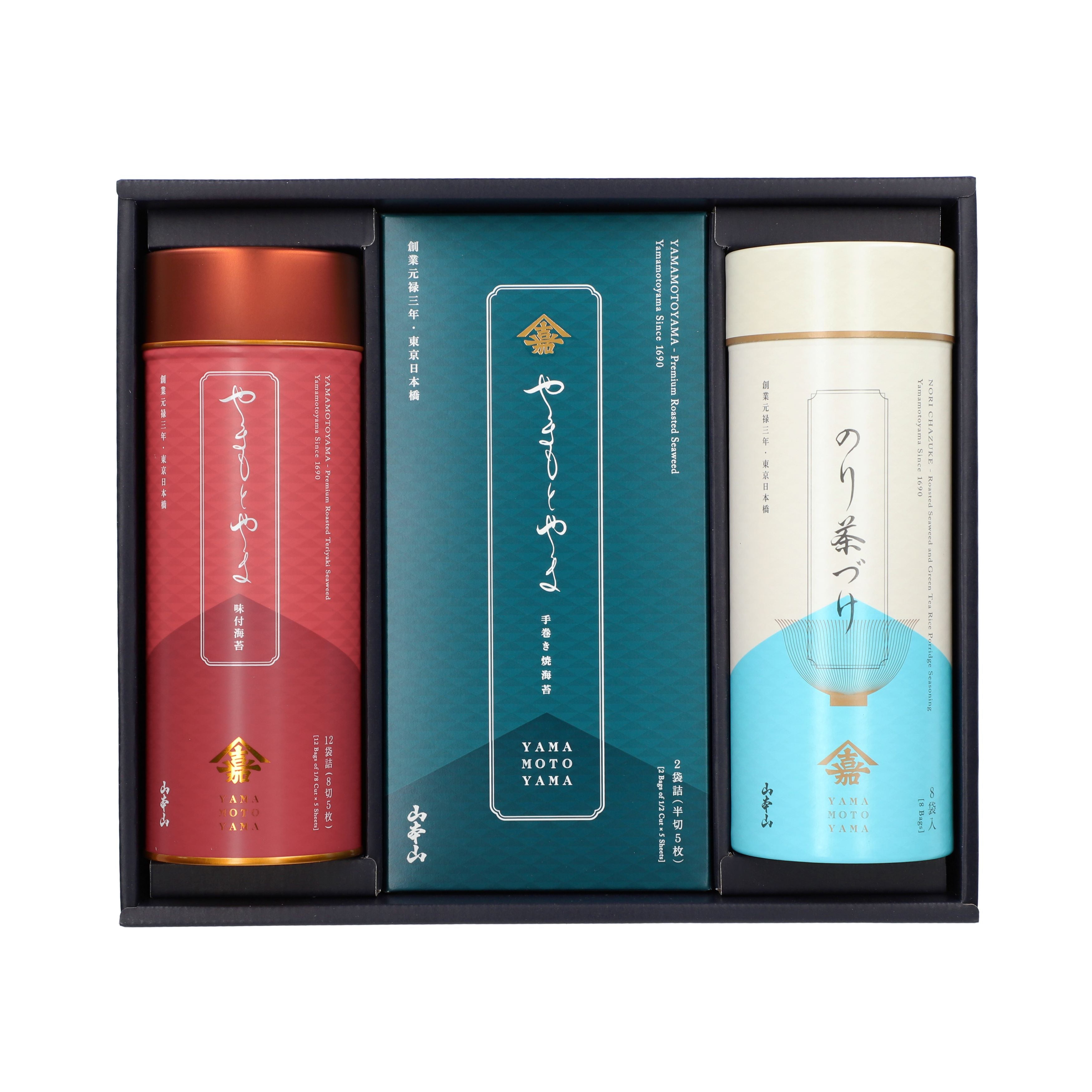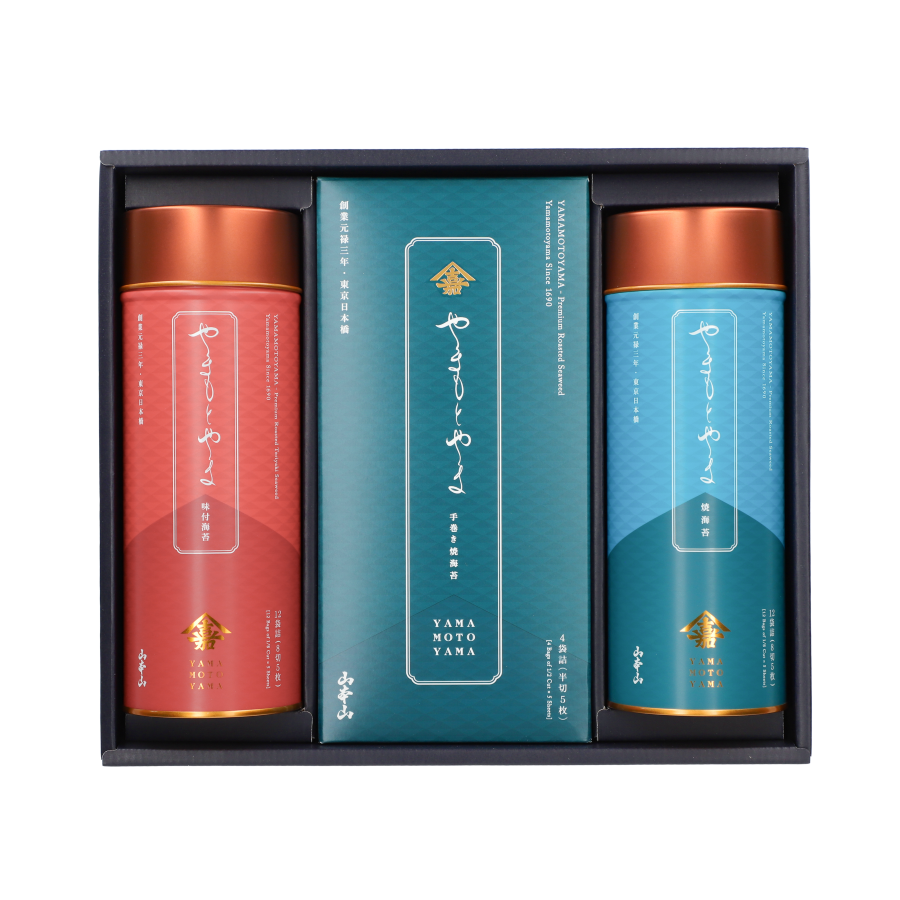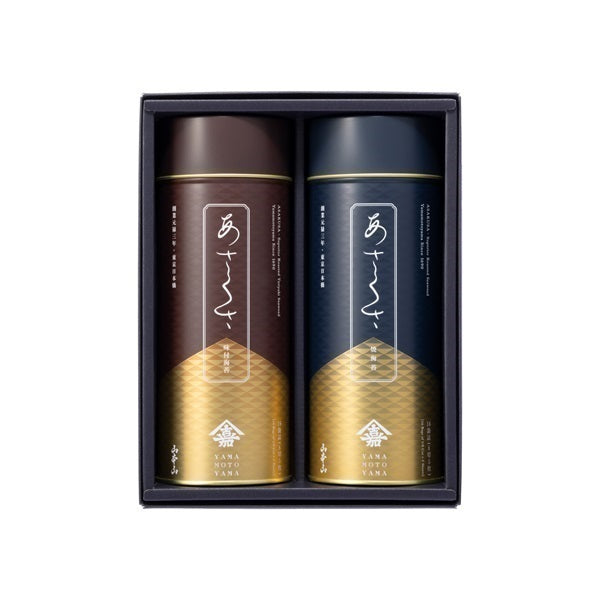
It's almost time to start thinking about year-end gifts.
We offer a wide range of Yamamotoyama's proud products that can only be found here, including popular seaweed gifts that are suitable for anyone and online-only products.
We offer a wide range of products from long-established stores that are perfect for ending the year.
Year-end and winter gifts
Popular Products
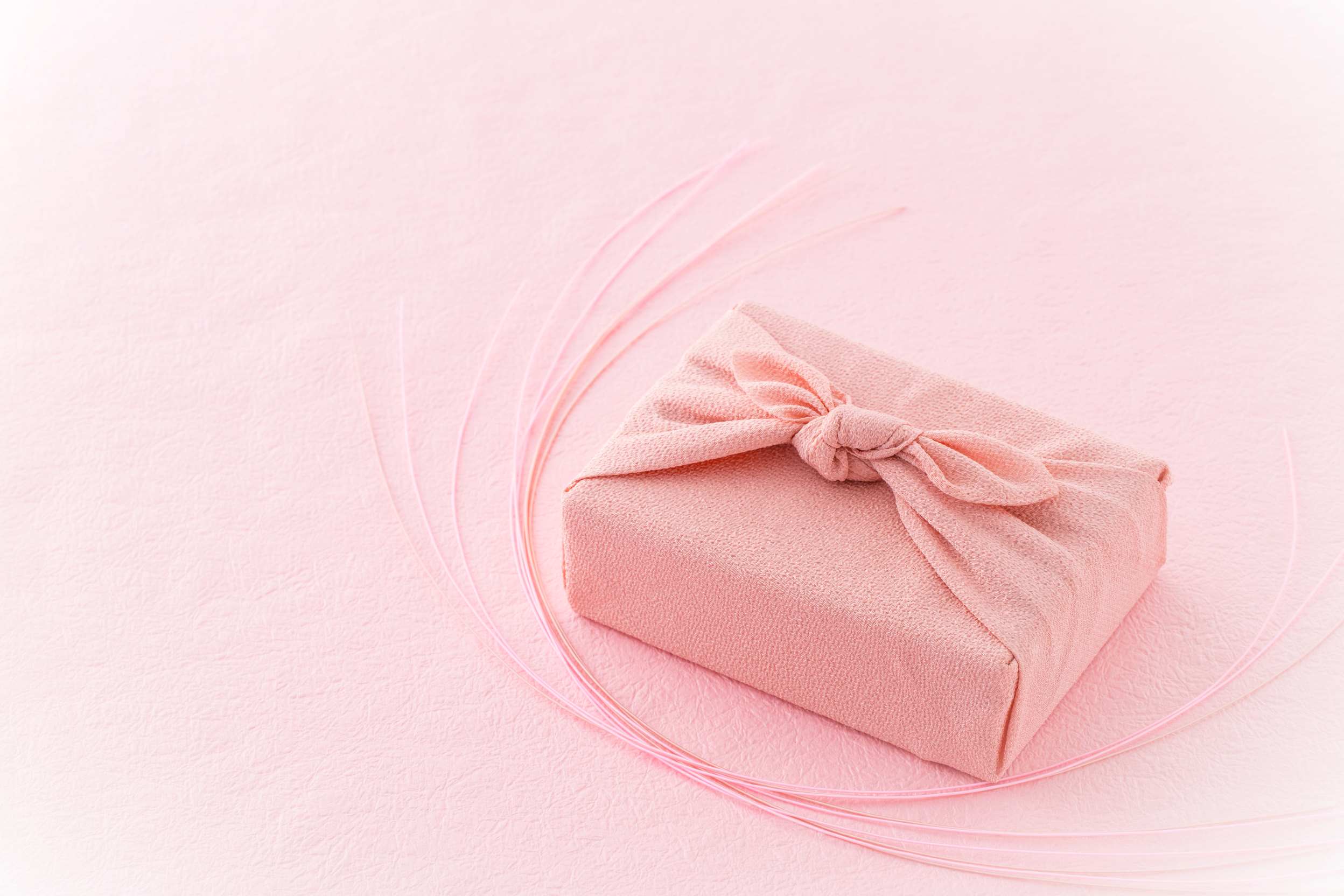
meaning
What is Oseibo?
Oseibo refers to the act or item of giving at the end of the year to express gratitude to people who have helped you throughout the year.
It is said that it originally originated as an offering given at the end of the year, a ceremony to worship ancestors, but it gradually evolved into a way to convey gratitude to those who have helped you.
The purpose of giving year-end gifts is to convey gratitude and the hope of building a good relationship in the coming year.
origin
The origin of Oseibo
Seibo literally means the end of the year and refers to the end of the year. It is said that it originated from the Mitama Matsuri, a festival to welcome and worship the spirits of ancestors at the turn of the year, when people would bring or send offerings to their families.
season
When to give New Year's gifts
The period for sending oseibo gifts is generally from early December to around the 25th. If the oseibo period has passed, it is preferable to send them as "New Year's greetings" or "midwinter greetings."
Omotegaki
Wrapping paper and inscription for year-end gifts
We use a noshi paper with a red and white five-strand bow printed on it. The inscription on the front should read "Oseibo" (end of the year gift), but it can be rewritten as follows depending on when you are giving it:
Other
Winter gifts other than year-end gifts
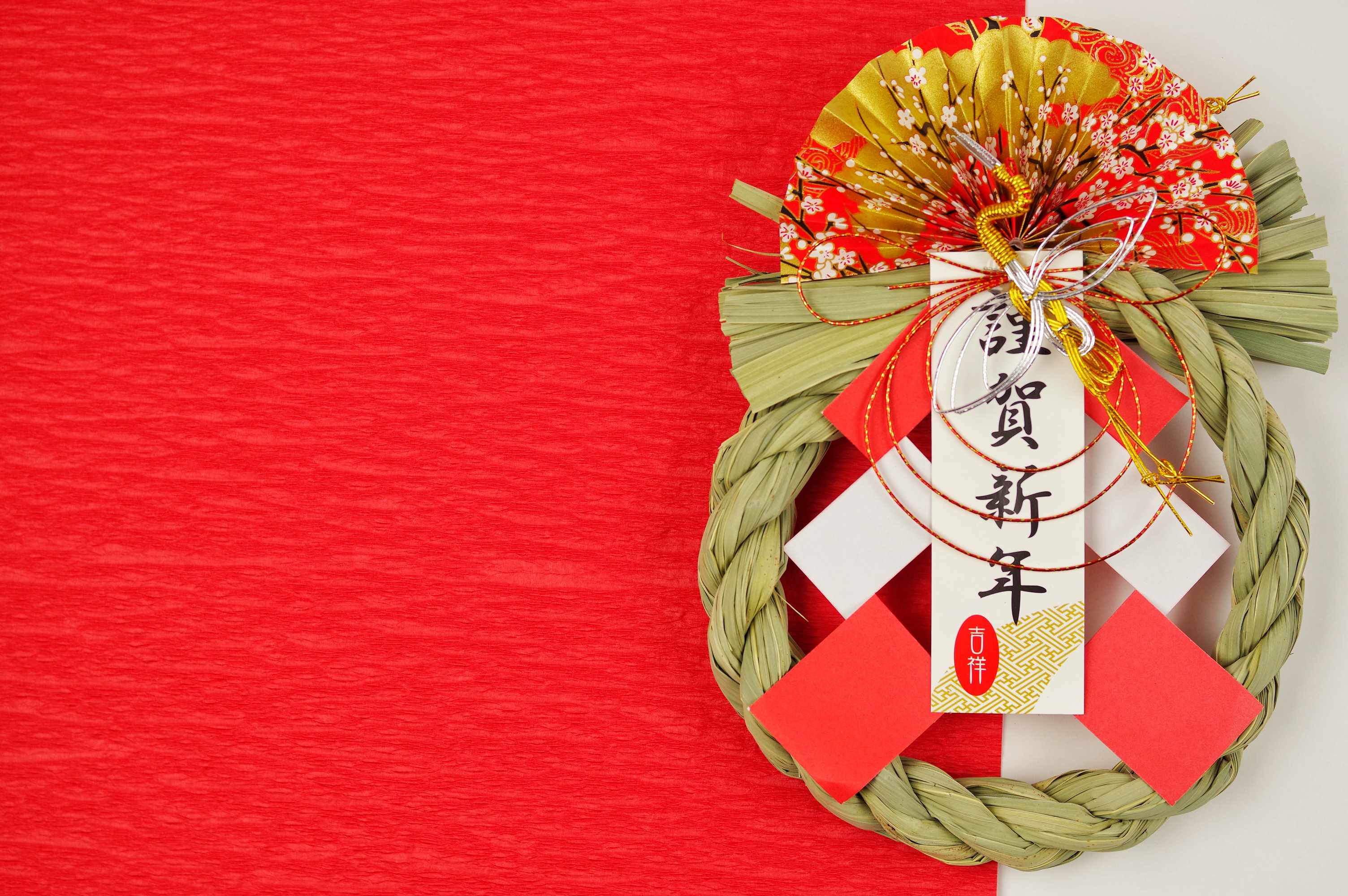
new year gift
New Year's greetings
It is common to personally bring New Year's gifts as New Year's greetings during the first three days of the New Year (January 1st to 3rd). If you visit after the first three days, it is customary to visit during the New Year period (generally January 1st to 7th, but in some areas up to the 15th). If you visit after the New Year period, the gift should be marked "Winter greetings" with the inscription.

Winter greetings
Midwinter greetings and late winter greetings
"Winter greetings/Winter inquiries" are sent after the end of the New Year period (generally from January 1st to 7th, but in some areas until the 15th) and before the day before the beginning of spring (around February 4th). If it is still cold after the beginning of spring, gifts should be sent by the end of February with "Yokan mimai/Yokan goshiki" written on the envelope.
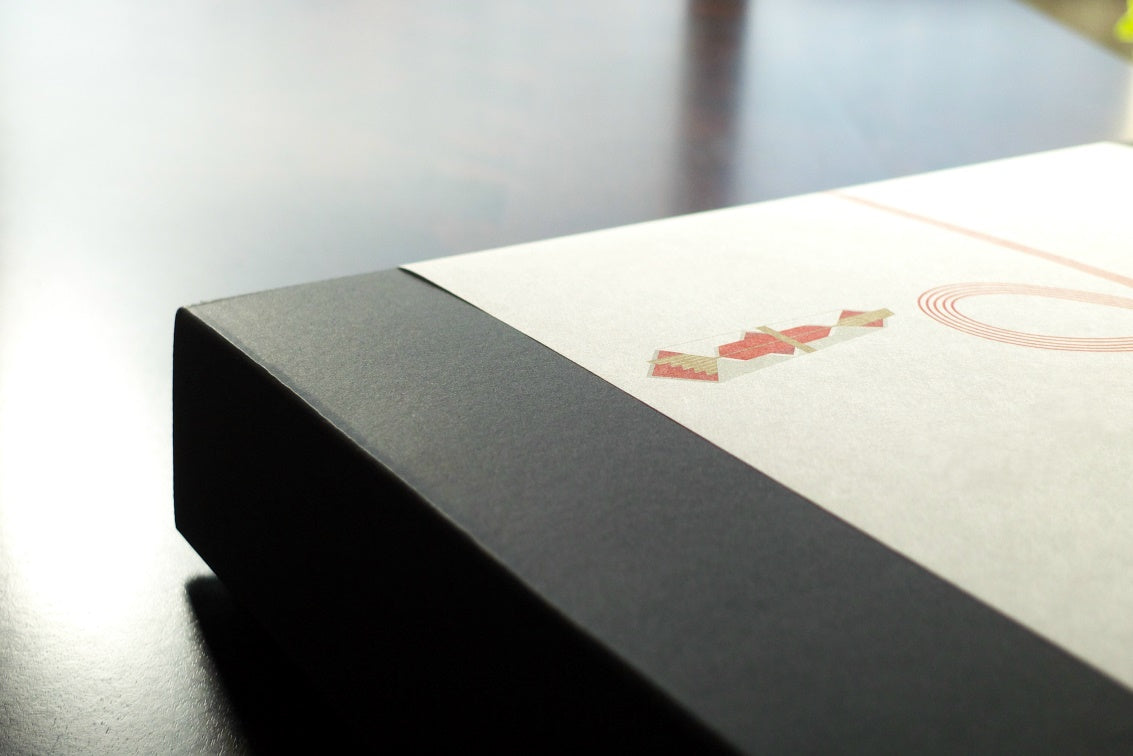
manner
Etiquette for returning seasonal gifts and thank-you letters
Since midyear and year-end gifts are gifts of thanks for everyday support, it is generally not necessary to give a gift in return, even if you received them from someone you did not give the gift to. However, it is good manners to promptly contact the recipient to express your thanks and send a thank-you letter.
